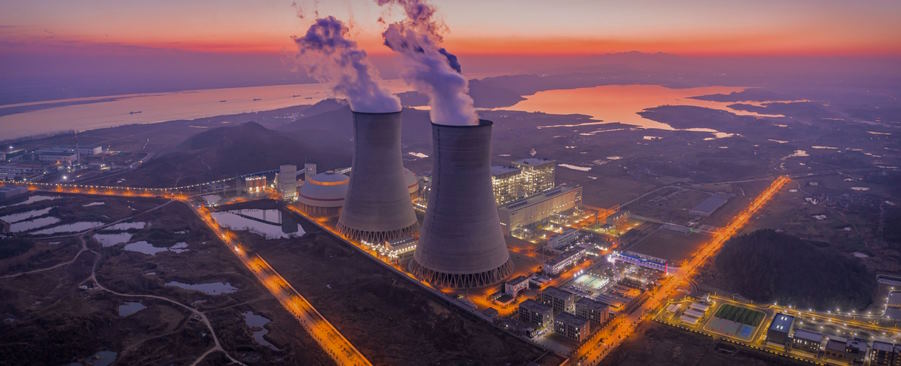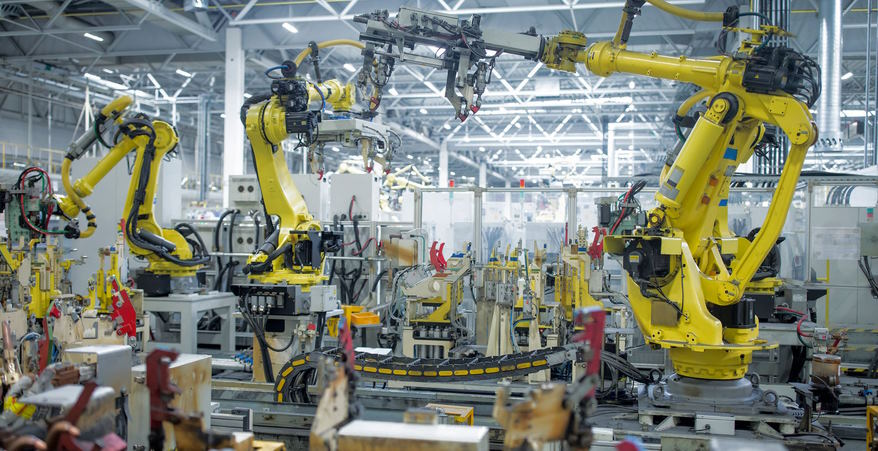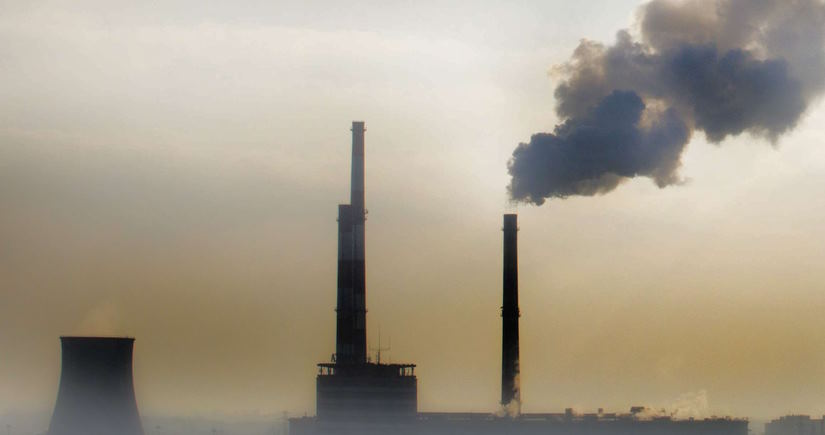Manufacturing plants have played a significant role in job growth and economic development in Europe for decades. These plants have not only provided direct employment opportunities to millions of people but have also created indirect employment opportunities, contributed to tax revenues, and fostered economic growth in various European countries. However, the role of manufacturing plants in promoting job growth and economic development is subject to a range of factors, such as technological advancement, political and regulatory environment, labour force and workforce development, and infrastructure development.
Factors influencing the role of manufacturing plants in job growth and economic development in Europe
The role of manufacturing plants in promoting job growth and economic development in Europe is subject to a range of factors. Technological advancement is one such factor that has significantly influenced the role of manufacturing plants. Advancements in technology have made manufacturing processes more efficient, reduced costs, and improved the quality of goods produced. This has enabled manufacturing plants to produce more products, increase exports, and create employment opportunities in Europe.
The political and regulatory environment is another critical factor that influences the role of manufacturing plants. Governments play a crucial role in regulating manufacturing activities, providing incentives, and creating a conducive business environment. Policies that promote investment in manufacturing plants, reduce bureaucracy, and encourage innovation can significantly improve the role of manufacturing plants in promoting job growth and economic development in Europe.

Labour force and workforce development are also important factors that influence the role of manufacturing plants. Manufacturing plants require skilled and competent employees to operate machinery, manage production processes, and ensure product quality. Training and development programs can help to equip employees with the necessary skills and competencies required in the manufacturing industry.
Finally, infrastructure development is a critical factor that influences the role of manufacturing plants in promoting job growth and economic development in Europe. Access to reliable power, transportation networks, and communication facilities is essential for manufacturing plants to operate efficiently. Governments and private sector stakeholders must invest in infrastructure to ensure that manufacturing plants have access to the necessary resources for optimal performance.
Challenges faced by manufacturing plants in promoting job growth and economic development in Europe
While manufacturing plants in Europe play a significant role in promoting job growth and economic development, they also face various challenges that hinder their ability to operate optimally. One of the most significant challenges is global competition. Manufacturing plants in Europe face competition from other regions with lower labour costs, less stringent regulations, and better access to raw materials. This puts European manufacturing plants at a disadvantage, making it difficult for them to compete and promote job growth and economic development.

Another challenge faced by manufacturing plants in Europe is the shortage of skilled workforce. The manufacturing industry requires highly skilled and competent employees to operate complex machinery and perform technical tasks. However, the shortage of skilled workers in Europe is a significant challenge that limits the growth and development of the manufacturing industry.
Lack of investment in infrastructure is also a significant challenge that manufacturing plants face in Europe. Poor transportation networks, unreliable power supply, and inadequate communication facilities limit the ability of manufacturing plants to operate efficiently. This hinders their ability to promote job growth and economic development.
Finally, environmental and social responsibility is a challenge that manufacturing plants face in Europe. The manufacturing industry is a significant contributor to environmental degradation, and manufacturing plants must adopt sustainable practices to mitigate their impact on the environment. Furthermore, manufacturing plants must also ensure that their operations align with social responsibility principles to maintain a positive reputation.


